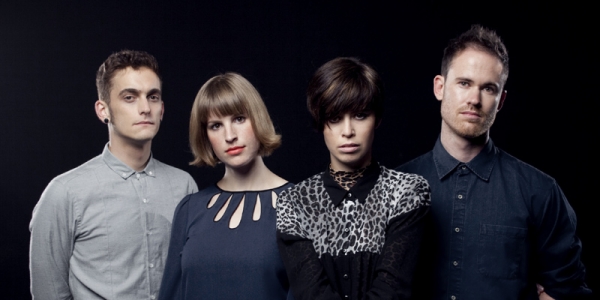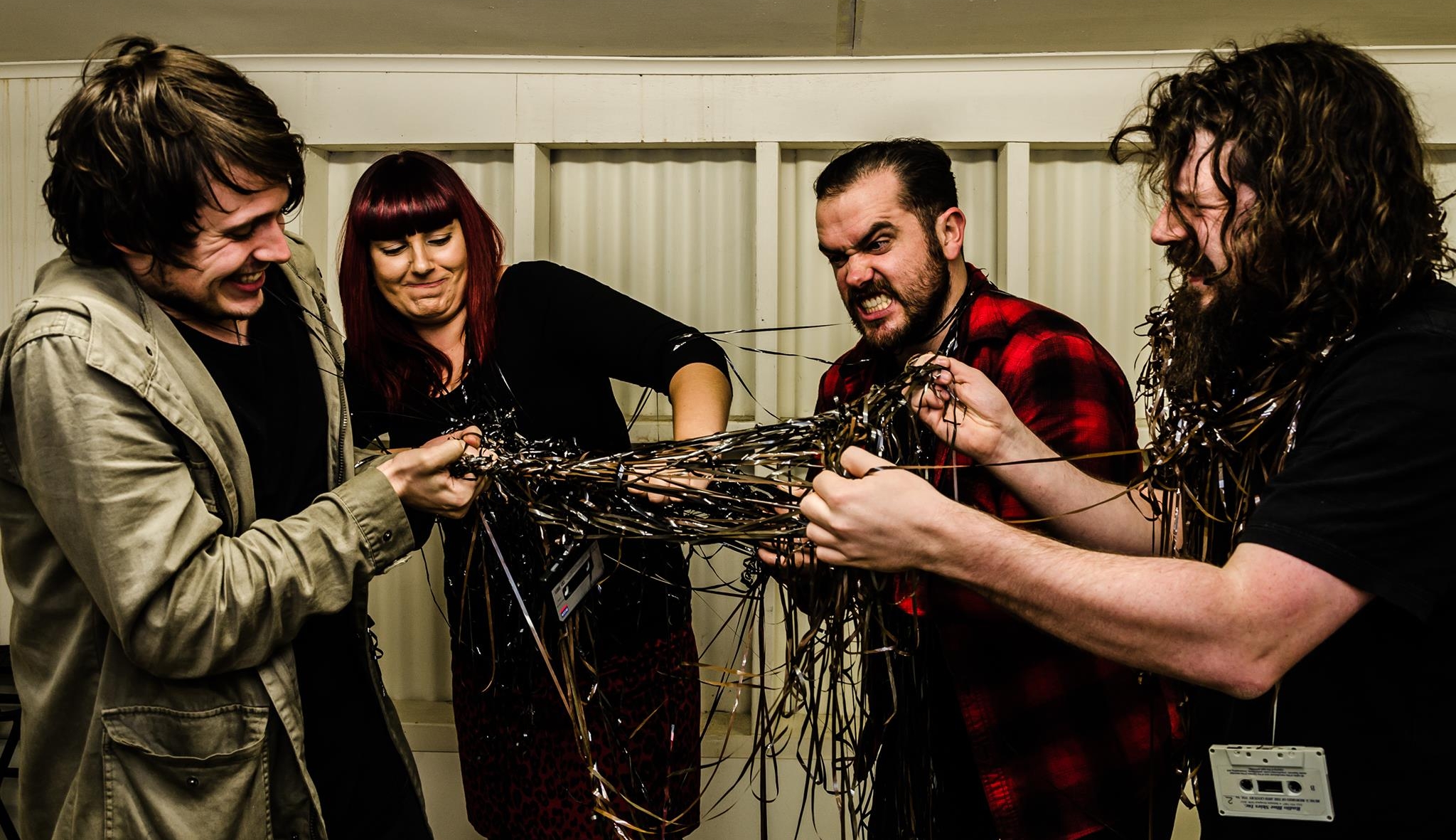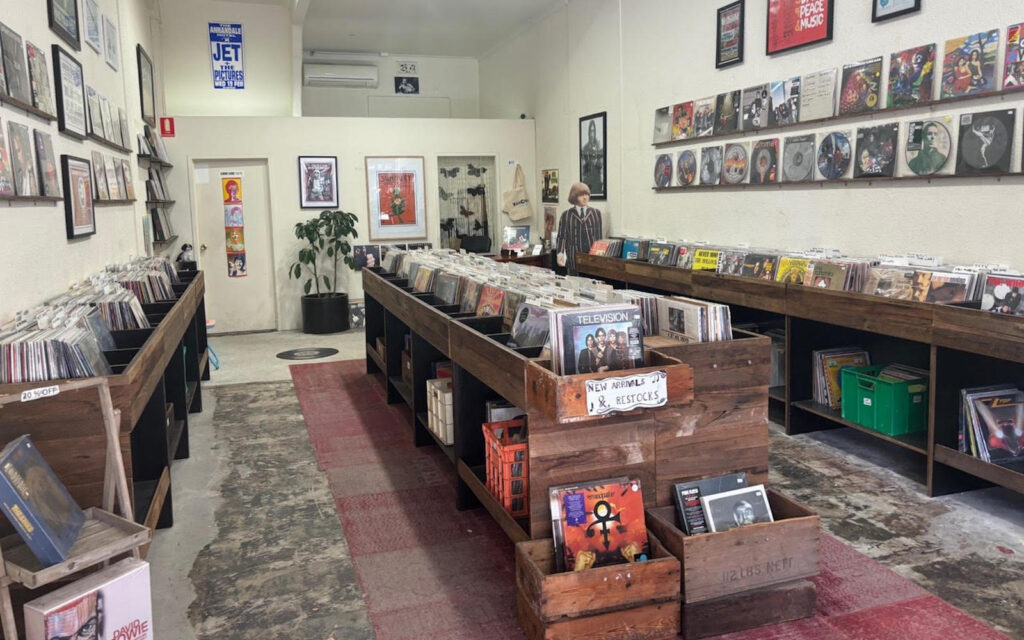“They say that happens to people,” she says. “Say you’re spending a lot of time with someone, like in a long marriage. A lot of your memory is tied up in their memory, and when one partner passes away, one half of their experience goes with them. So apparently their logic and their memory deteriorate very quickly after that. It’s sad, and I think it’s a reason not to get married, personally. You become dependent, and then you deteriorate when they’re gone. But ultimately, we are all mad. Once all the structures and the institutions we create to protect ourselves from this fall away, what’s left is only madness. Better to embrace it sooner rather than later.”
Which is a fair point; nobody wants to be mad when they’re 90, strapped to a wheelchair. Better to find your craziness when you’re still energetic enough to enjoy it. If you can find some way to bottle that dervish – contain it inside an album, say, or throw a saddle over it and head out on tour – you might just have a recipe for success.
The Jezabels have been steadily shaping their sound since forming back in 2007, and Synthia, their third album, sees them step in another, more synthesised direction. But the frantic creative energy that has fuelled their career and pushed them to develop as musicians hasn’t come without a price. Their last tour almost wiped them out, and it took a substantial break from touring to let the dust settle.
“You know you have moments in your life when you take in a lot, and then others when you’re putting out a lot? I’ve been putting out more than I’ve been taking in of late, and I probably need to change that around again soon. I think it’s easy to get depleted. A lot of people have asked me recently, ‘Do you find yourself feeling more and more anxious about your ability to create these days?’ That’s never a question I’ve been asked before, and now it’s coming up, but apparently there are a lot of young artists feeling that,” Mary says.
“Obviously everything you make is a struggle between your ability and your limitation. [It’s maybe a] cliché, but when you just have a guitar, you can make a song with that and your voice, and that’s what a lot of people will start out with. It’s accessibility. That’s why they’re great and eternal and why rock’n’roll will never die. But I also think as you develop, you start being interested in how technology affects the world, affects art, and that’s something that affected us. It’s a choice. If you start out as a folk singer, which I guess I kind of did by accident, and you continue doing just that, it’s a conscious decision not to start adding things, because now it’s so easy to do. I find it so interesting to allow other things to affect you, and today, in the computer age, it just makes sense to try different instruments and synthesisers. It’s a natural progression.”
The result is a live show that sees the band in what may be their best form yet. Given the album’s electronic flavours, their upcoming performances promise to be half carnival, half orchestration. But those lessons of the past have not been forgotten by Mary and her bandmates, and given the scope of their tour schedule over the next few months, you wonder how they manage to stay in control of the tour, rather than the other way around.
“You don’t. You’re not. I think that’s why a lot of musicians end up taking a lot of drugs and looking for love in all the wrong places,” she says. “You can become a bit of a slave to it. We’re in control of it now, because we had to be. But this tour coming up seems to me quite chill in comparison to what we were doing before, which was back to back constant shows over a couple of years,” says May.
“We took like two years off, so I’m really excited to have this tour now, and I’ve realised just how much I love touring and moving around. There’s something about the nomadic lifestyle I can’t quite shake now. I’ve missed it. But you can’t totally control it. It’s more about saying no to things now, and that’s hard as well. It can be bittersweet. You have to keep looking forward. I definitely still write on my acoustic, very simply and frequently. It reminds you of your roots. But you have to find ways to try something new. Otherwise your brain starts degenerating, and suddenly you’re hoarding sponge cakes in your room.”
BY ADAM NORRIS







